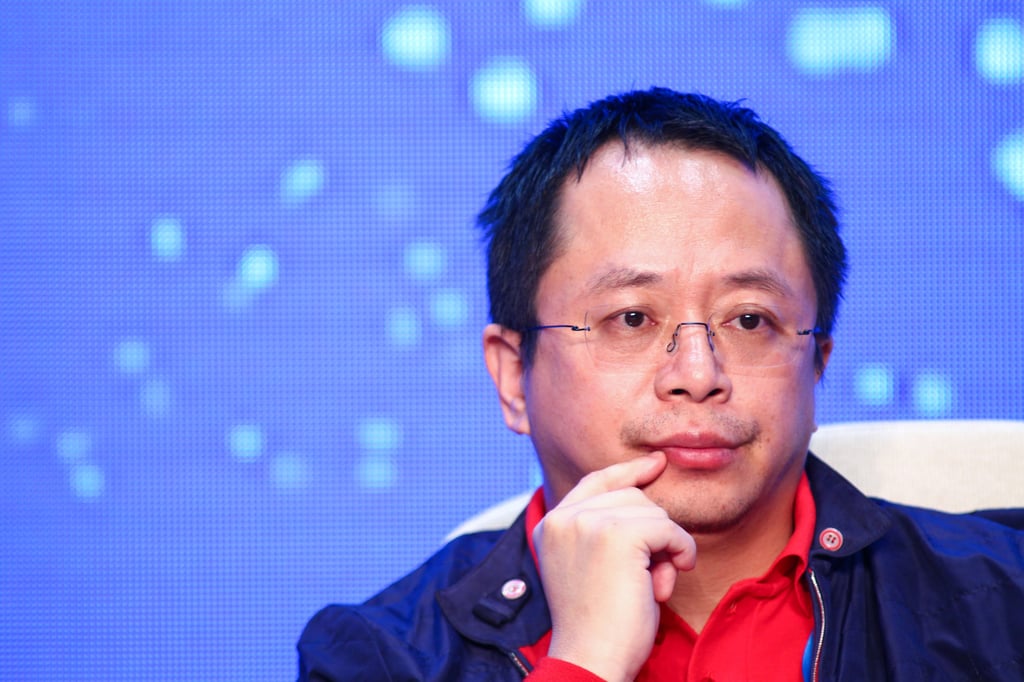China questions the safety of open source code amid sanctions and tech dependency risks, but can it build a viable alternative?
- Some experts say it should not be taken for granted that open source codes will remain free from sanctions in future
- Beijing has become increasingly worried that the country’s heavy dependence on open source technologies could eventually backfire

Debate about whether China can rely on open source codes, particularly those that originate in the West, has been growing in the country amid rising geopolitical and technology tensions, fanned by Russia’s invasion of Ukraine in late February.
One view gaining traction in China, the world’s second-biggest economy and a major consumer of open-source technologies, is that it must become more independent from the global open source community and bolster its indigenous ecosystem to avoid being exposed should global tensions ratchet up further.
Such concerns increased after popular open source software companies, such as Red Hat, announced that they would curtail their operations and discontinue services in Russia after it invaded Ukraine, dealing a major blow to the country’s tech sector.
Zhou Hongyi, founder of Chinese cybersecurity company Qihoo 360, has said that it should not be taken for granted that open source codes will remain free from sanctions in future.

Zhou, also a top Chinese political consultant, said in a Weibo post that current “open-source technologies are mainly led and controlled by Western countries” and that China’s security “will be a castle built on sand” if it continues to have no control over underlying codes.